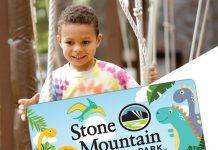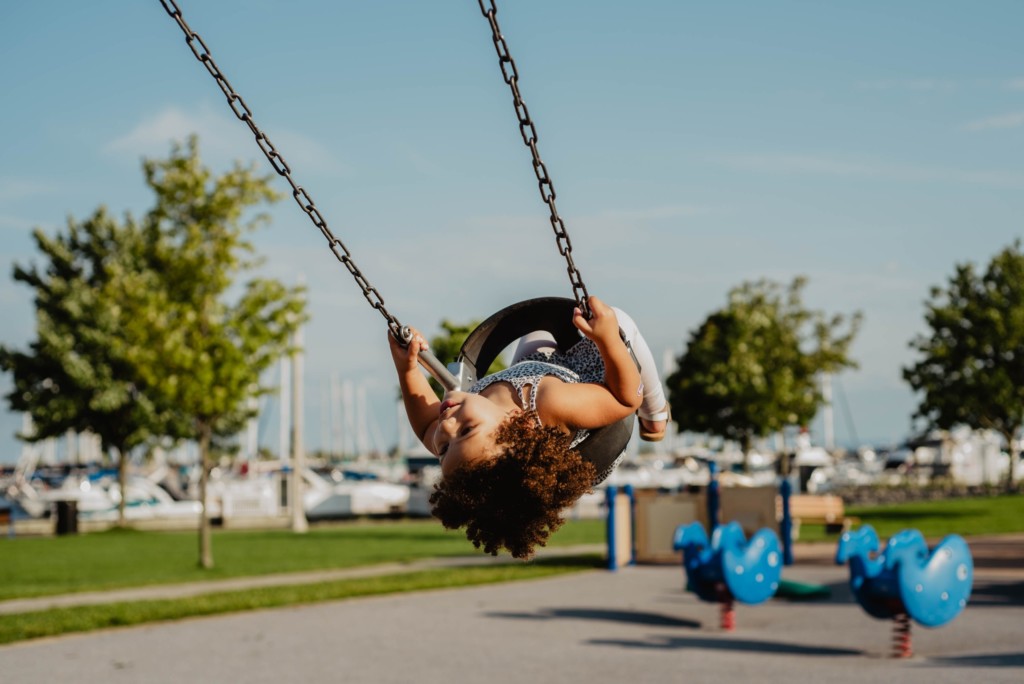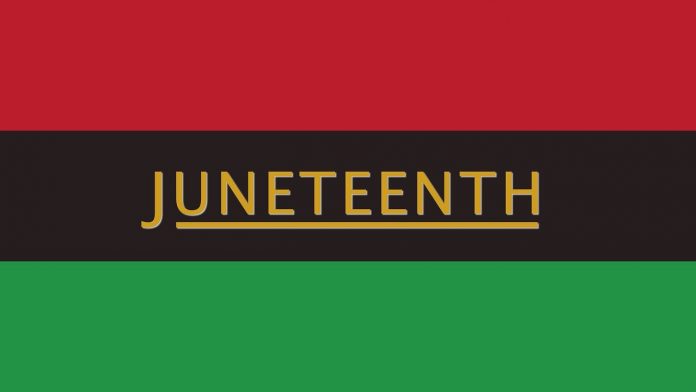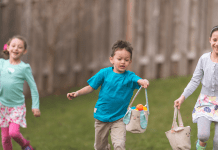Sometimes referred to as “Black Independence Day”, Juneteenth is celebrated annually on June 19th. But what exactly is Juneteenth?
June 19th, 1865, is arguably one of the most important days in American history, yet Juneteenth (a juxtaposition of the words June and nineteenth) is not a holiday celebrated nationwide. Perhaps you are not even exactly clear what Juneteenth really is. I’m going to break down the basics of it for you here and give you ideas for how to discuss it and celebrate it with your kids if you choose to do so.
A little history lesson
On January 1, 1863, President Abraham Lincoln delivered the Emancipation Proclamation, the official document stating all slaves in the United States must be freed. However, for unknown reasons, the state of Texas was the last state to receive this information. Because of this, the final slaves were not freed until June 19, 1865.
Discussing Juneteenth
For nearly 250 years, Americans had slaves, mostly of African descent. This year I think it is especially important we remember Juneteenth as the day in history where our nation finally acknowledged that the color of someone’s skin does not make them more or less valuable than someone else. It is the day our nation declared everyone free.
Discussions about race and the history of slavery in our country can be difficult, especially with young children. However, recent events across the country have brought these topics to the forefront and are instigating much-needed discussions about race with our children, regardless of our (and their) skin color.
I am a white female with a brown-skinned husband. My daughter’s skin is a different color from mine, something she has begun recently to notice and comment on. While she may still be too young (she’s 4 1/2) to understand the complex emotions and history related to slavery and race, she’s not too young for me to talk to her about treating people with kindness.
How to celebrate
- Read books with your children that feature black protagonists or that teach about major achievements of people of color (some examples: Dream Big, Little One; Amazing Grace; Cool Cuts; Keats’s Neighborhood.)
- For older kids and adults: consider learning more about Black history and culture in America by watching one of the PBS “must-watch” documentaries.
- Research Black-owned businesses in your area and support them.
- Decorate your home and neighborhood (chalk art, for example) with signage, facts, or quotes acknowledging Juneteenth or in the spirit of the day.
- Have open and honest conversations with your children.
I understand that I will never understand, but with you, I stand.


















